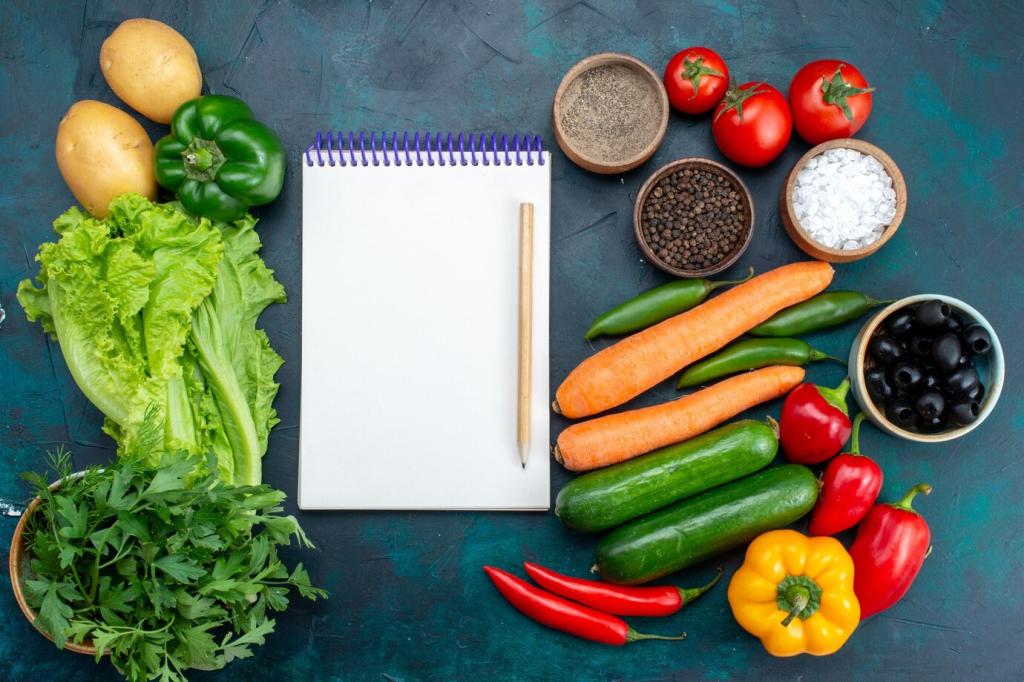Hydration and Electrolytes for Real-World Sessions
Begin the day with a glass of water and keep a refillable bottle visible. Pale straw-colored urine signals decent baseline hydration. A coach we admire sets two “sip alarms” before noon to stay prepared for evening training. What tiny habit helps you drink consistently? Share it to help others.
Hydration and Electrolytes for Real-World Sessions
Heavy sweaters often lose significant sodium, leading to faded power and headaches. For long or hot sessions, consider electrolytes with adequate sodium. Potassium from potatoes and bananas supports nerve function. One marathoner eliminated late-race cramps by adding salty chews on humid days. Tell us which electrolyte format you prefer.





